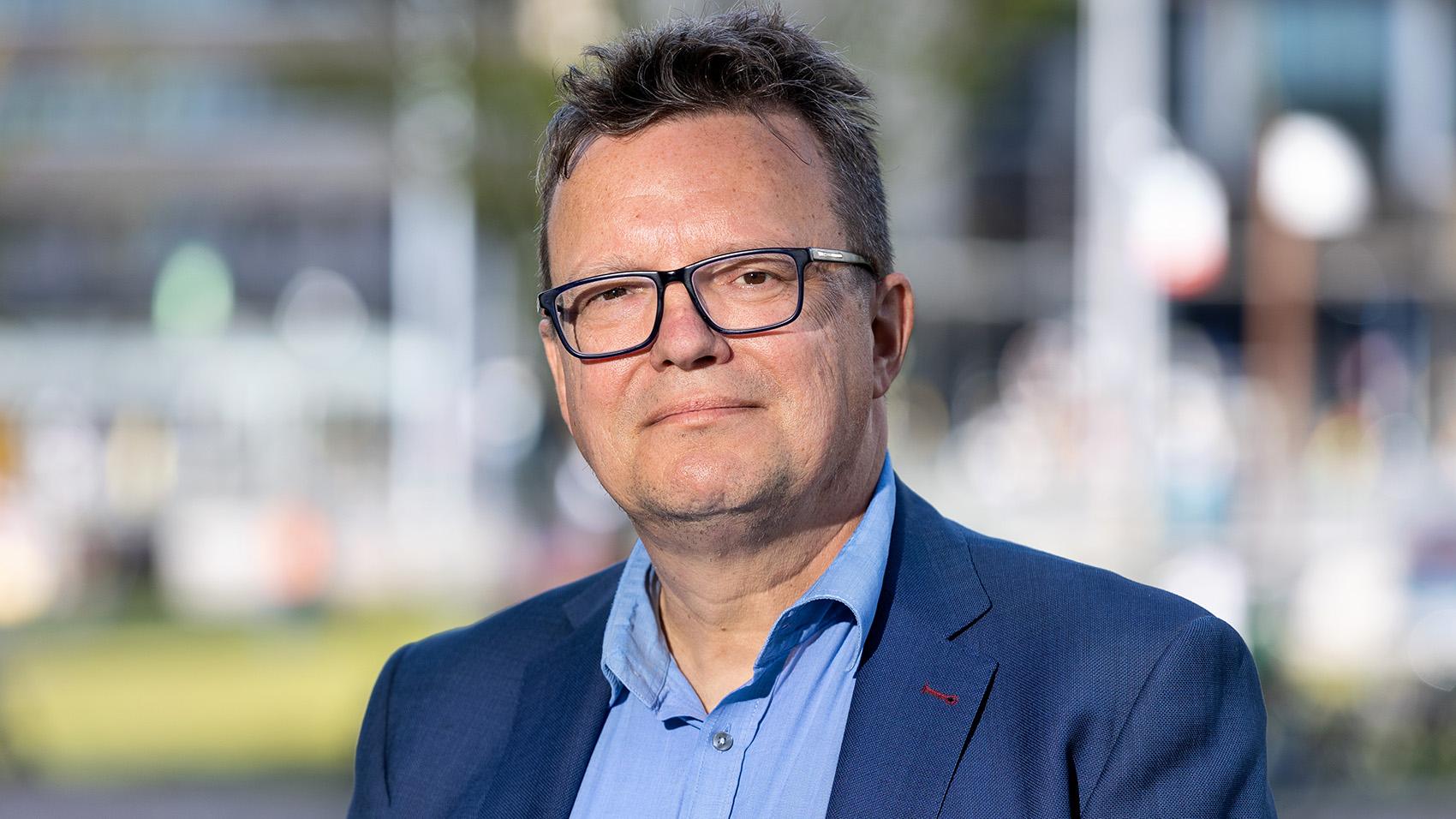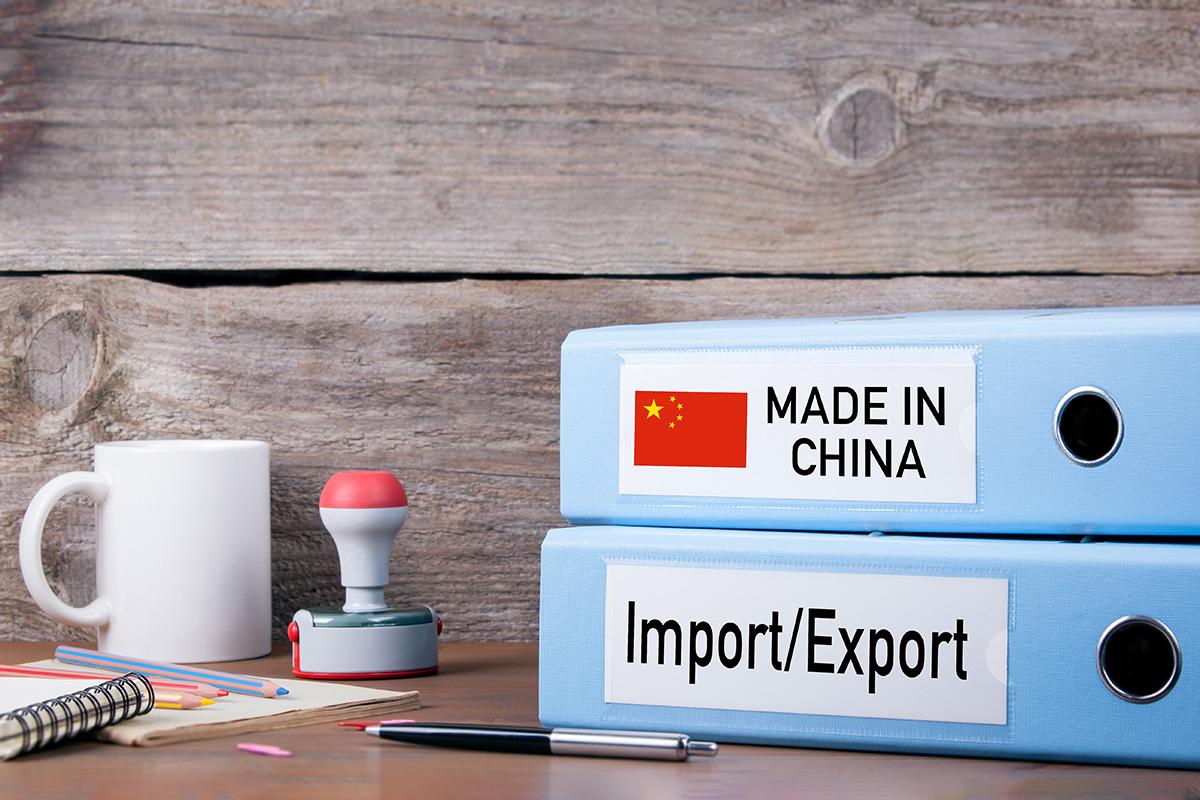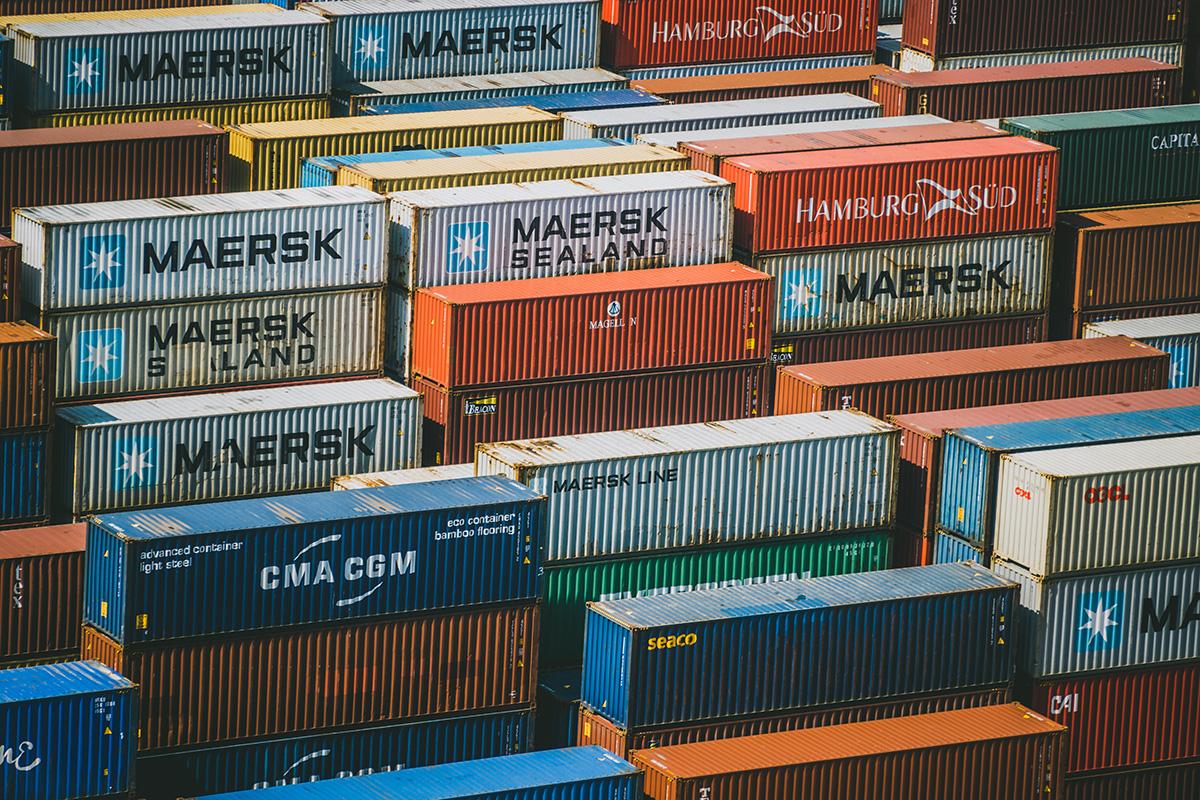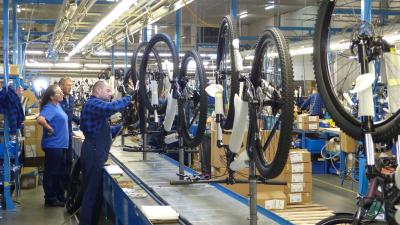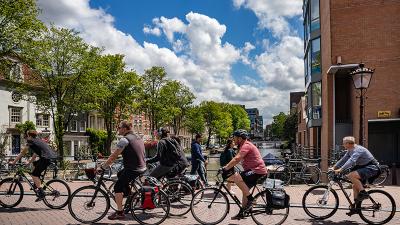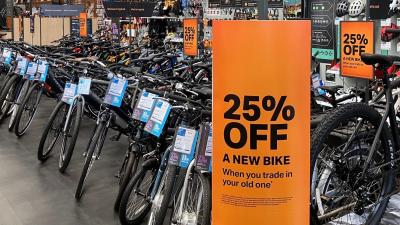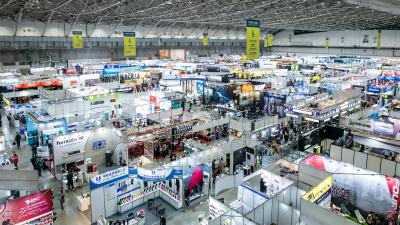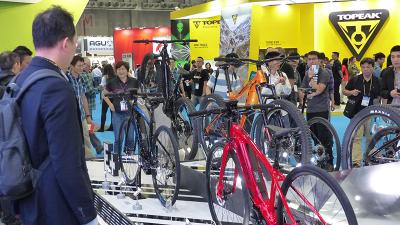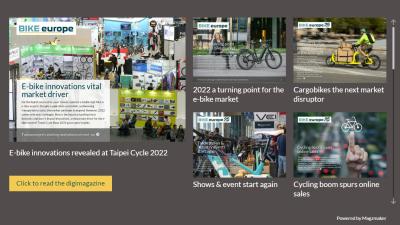All pages

1
Supply chain grips the industry
Cover and contents
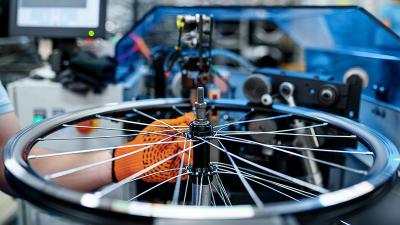
2
Huge increases in lead times
Huge differences in lead-times makes supplies uncontrollable

3
Suzhou Shengyi
Better Choice. Better Riding.

4
Global supply chain index
Global supply chain pressure index at an all-time high

5
Neco
Makes your life better
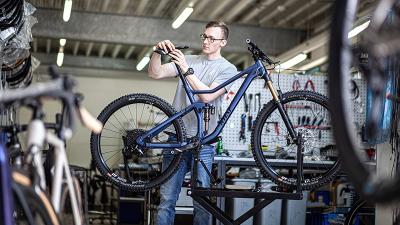
6
Bicycle industry interviews
Industry insiders reflect on supply chain issues

7
Lishui
The advantages of Lishui’s AIoT System

8
Impact on battery market
An e-bike with no battery?
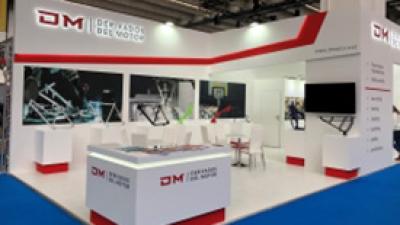
9
Derivados
Eurobike: consequences two months later
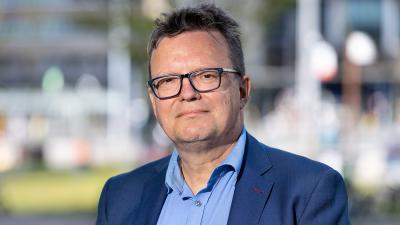
10
Interview Bart Vos
“I don't expect reshoring to become a major trend”

11
Mando Pedalrite
Mando Pedalrite: A perfect solution for the last mile
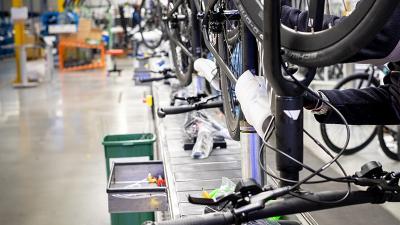
12
Reshoring production in Europe
Reshoring production in Europe gathers pace

13
DDK Group Co Ltd
High-tech vacuum proces to bond the cover and pad the saddle shell
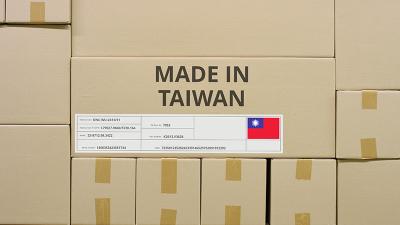
14
Taiwan exports stats versus EU imports
Boom boosts Taiwan's export revenues

15
Velo Saddles
Velo introduces atmosfoam using nitrogen process
All editions
Search
Search, through all Editions
